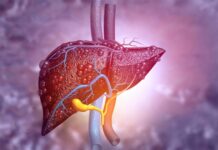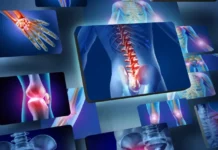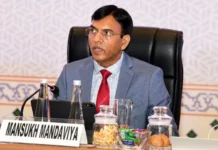ALBANY, N.Y.: New York State will require physicians to complete an educational course before they can authorize medical marijuana for patients – an unusual mandate not applied to other new drugs or seen in other states with medical marijuana programs.
State officials say the 4.5-hour, $250-online course will inform doctors about a complex drug treatment not covered in medical school. But while the investment of time and money is modest, some patient advocates worry the inconvenience could discourage physicians from participating, ultimately limiting patient access.
Medical marijuana is expected to be available beginning in January, 18 months after lawmakers and Gov. Andrew Cuomo approved what they intended to be a relatively cautious program balancing patient need with concerns about abuse.
While many of the other 22 states with medical marijuana programs offer physicians free, voluntarily resources about the drug, they haven’t required physicians to pay for training before they can authorize cannabis.
Only one other drug is subject to a similar training requirement – a potent narcotic used to treat opiate addiction – and those rules come from the federal government.
“Doctors recommend medications all the time for which they are not required to undergo special training,” said Julie Netherland, deputy state director for the Drug Policy Alliance, a group that supports medical marijuana. “Obviously it is good for doctors to be educated about medical cannabis, but the concern is whether this will serve as a deterrent. How many doctors will choose to go through this training?”
Under the state’s law, cannabis will be made available to patients with certain qualifying conditions such as cancer, AIDS, Parkinson’s and epilepsy if approved by a physician. In addition to the training, physicians must register with the state’s health department. In an effort to prevent misuse, only tinctures, oils and other non-smokeable forms of cannabis will be available.
Craig Blinderman, a physician who directs adult palliative care at Columbia University Medical Center, predicted that only “the most motivated” physicians will sign up for the training.
“The vast majority of doctors are not going to do it until their patients start asking about it,” said Blinderman, who supports medical marijuana. “If you live in upstate New York and there are a handful of doctors, this is going to be an issue. It may have been a little too much to mandate.”
Eric Voth disagrees. The Topeka, Kansas, physician and chairman of the Institute on Global Drug Policy opposes widespread use of marijuana as a medicine and said too many states have approved programs with few controls.
“We are totally bypassing the FDA. It’s just the Wild West,” he said, adding that he supports mandatory training for physicians interested in authorizing the drug for patients. “It needs to go beyond that. There should also be ongoing oversight of their practices.”
Voluntary training courses are available in many states, including California and Washington, where medical marijuana classes are offered as part of a physician’s normal continuing education requirements.
In New York, the requirement was added by Cuomo during negotiations with lawmakers, according to the bill’s sponsor, Assemblyman Richard Gottfried, D-Manhattan. He noted physicians must already complete required training in drug abuse prevention and infection control.
“I would have been comfortable without such a requirement,” Gottfried said. “We generally trust physicians to learn about medications they haven’t prescribed before without special legal requirements. But I don’t see it as a problem and I think it could be helpful.”
Meanwhile, patients and their loved ones are growing tired of waiting 11/2 years after the program was approved. Maryanne Houser’s 11-year-old daughter, Amanda, has a form of epilepsy that the Suffern woman hopes can be treated with cannabis. She said she’s not opposed to the training requirement – but believes the state has delayed for long enough.
“My daughter is suffering,” Houser said. “She had 11 seizures before school. I’m frustrated and I want to get her the right medicine. I want my daughter better.” -AP







